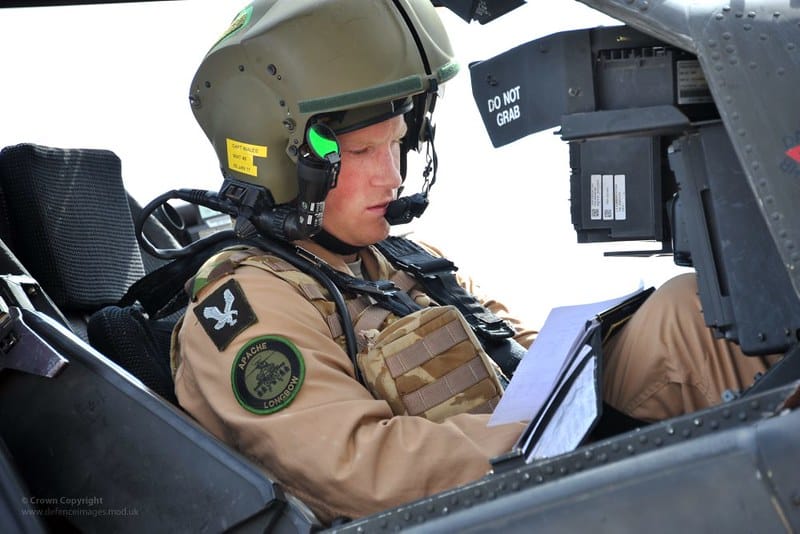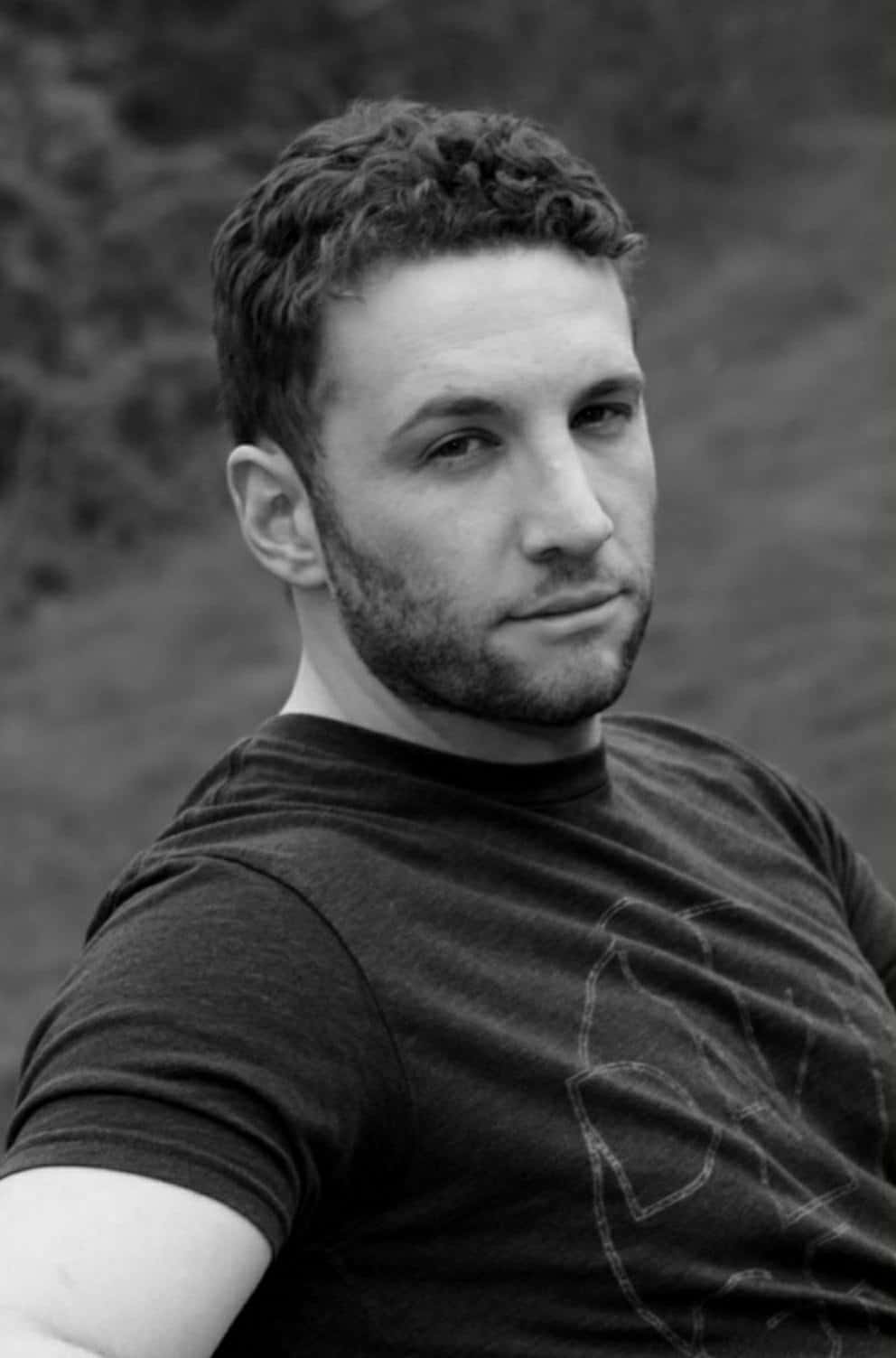A January 6 CNN headline read, “Prince Harry criticized by UK military figures—and Taliban—after claiming he killed 25 fighters in Afghanistan.”
Dear God, I thought. Had Henry Charles Albert David, aka Prince Harry, succumbed to the type of war zone fabrications made infamous by Hieronymus Karl Friedrich von Münchhausen? Had the man with the “titles and the styles” (including The Duke of Sussex) gone barmy? Had the co-star of Netflix’s Harry & Meghan watched one too many war movies?
But then I recalled the iconic 2013 video of the “dramatic moment” Prince Harry ran from an interview at Camp Bastion, Afghanistan to board an Apache attack helicopter and go on a combat mission. Oh, I thought, maybe he did kill 25 fighters.
Turns out, no one is claiming he didn’t. Reportedly, British military and intelligence insiders are upset that he would dare talk “kill count” in his new memoir, Spare. And what has really got their knickers in a twist is the metaphor Prince Harry used to describe the fighters he killed.
According to a New York Times article about the memoir:
In it, Prince Harry, the Duke of Sussex, who is estranged from his family and living in California, describes the people he says he killed as “chess pieces taken off the board, bad guys eliminated before they kill good guys,” according to a translation by the BBC…
This has been interpreted (I would suggest overly-interpreted) by British National Security officials as an egregious example of dehumanizing the enemy.
The CNN article quotes retired British army officer Colonel Richard Kemp on the matter:
“The other problem I found with his comments was that he characterized the British Army basically as having trained him and other soldiers to see his enemy as less than human, just as chess pieces on a board to be swiped off, which is not the case. It’s the opposite of the case.”
Kemp told CNN that Harry’s comments painted the British Army in a negative light.
A negative light? What tosh is this? Prince Harry risked his life to produce some of the greatest war propaganda and military recruitment marketing the world has ever seen.
More disturbingly, the reporting seems to imply that British National Security insiders are worried Harry’s comments might give the public the impression that the British military is out there killing people. But isn’t the military supposed to kill people? Isn’t that what it’s there for?
It’s one thing to say the military is fighting for high-minded values (such as the liberal, rules-based international order) but to elide the fact that this means killing people is downright bonkers.
It is quite bloody sad. The United Kingdom was once the empire where the sun never set. It was the sea power colossus that crushed Napoleonic France, created a world market economy, built the “unsentimental, brutal international order” and ruled over approximately a quarter of the globe’s land and people.
During World War II, British Prime Minister Winston Churchill could say some real gangsta shit, such as, “There are less than seventy million malignant Huns—some of whom are curable and others killable.” (Hun means barbarian. Imagine the outrage if Prince Harry had said something like, “I was flying around Afghanistan gunning down barbarians.”)
In the aftermath of World War II, the United Kingdom become a vassal of the American empire and an aircraft carrier for the American military. And yet, the British still wielded imperial influence during the second half of the twentieth century.
It was the British that convinced the CIA to run a coup in Iran in 1953. It was the British that convinced President George H.W. Bush to launch the first Gulf War in 1991. But by 2003, it was the American empire that was taking the initiative and pushing the narrative. That March, America launched one of the dumbest wars in the history of modern geopolitics: the Iraq War.
The United Kingdom jumped to join in the folly, making all of its citizens combat adjacent in America’s “Global War on Terrorism.” Statesmen and scholars say there is a “special relationship” between the United Kingdom and the United States. They are being polite. The United Kingdom is America’s puppet.
The memoir controversy also reveals the dark class warfare at the heart of militarist imperialism. High ranking politicians and national security bureaucrats consistently use the chess metaphor to discuss geopolitics and war. And their policies and wars kill millions of people. But for a soldier (even one with the title of Duke) to talk about “chess pieces” is viewed as morally abhorrent. It is the imperial disrespect and disregard for the soldier that is truly appalling.
Of course, the Taliban also weighed in. According to CNN:
“Mr. Harry! The ones you killed were not chess pieces, they were humans; they had families who were waiting for their return,” said Anas Haqqani, who works as an acting adviser to the minister of interior and is the son of the founder of the Haqqani network, Jalaluddin Haqqani.
This seems to imply the Taliban concedes that Prince Harry killed fighters, as opposed to wedding guests or an aid worker and his family. Yet, they have no way of knowing. When you’re on the receiving end of an imperial air attack, one Apache helicopter looks a lot like the next one.
No one in the British power elite or Western press seem concerned that the Duke might have gunned down innocent civilians, despite having access to the documentation that could reveal such details. And why would they? The War Party acolytes might wring their hands about chess metaphors, but the reality is that to them Afghans are merely twenty-first century Huns.








